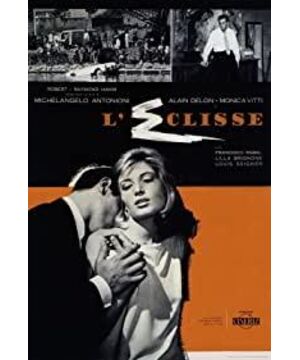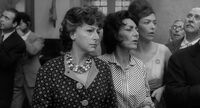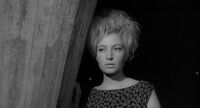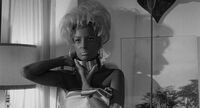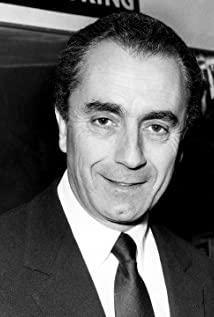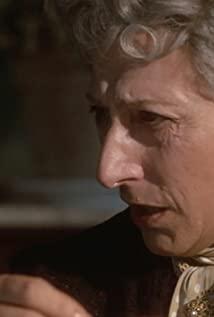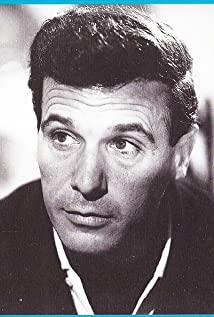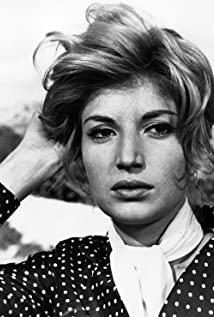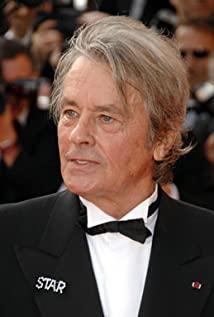His photographic composition is textbook level. He is full of acumen for the interaction between people and space. He expresses the indifference and alienation of people like never before. so what? He is more suited to be an interior designer, fashion designer, architectural photographer than a filmmaker. Looking at his inexplicably switched shots, I'd like to quote Jean Mitri's assessment of the peacock shot in Eisenstein's "October": If the abstract meaning in the film is not first rooted in our concrete feelings, then The purely abstract shot of the film is meaningless, and the audience will never be moved even if they are not confused.
I don't like Antonioni because in my opinion he is a failed formalist. Cinematic aesthetics can be roughly divided into realism and formalism, as Kracauer said, if the latter gets out of control, it will destroy the means of cinema. If you perform well, you can show the truth, and then penetrate the truth. Some people say that Antonio Nido truly expresses the emptiness and spiritual crisis of post-war modernity, but in my opinion, emptiness itself cannot be expressed by emptiness, only if there are real things around it. Just like the landscape outlined by ink on an ink painting, there are only those blank spaces left. Otherwise, those empty spaces are meaningless. For example, the bitterness from beginning to end is boring, while the Chaplin-esque comedy feels really sad. (There is another urge to complain about "Manchester by the Sea" here, stop)
What is a good formalism? When the form itself is flawlessly part of the meaning. For example, the contribution of early German Expressionism to light and scenery, such as Bella Tarr's sharply directional metaphors, such as Roy Anderson's wise and foolish minimalist aesthetics and natural sense of humor. The empty shell of formalism must be soaked in the physiological saline of vitality before it can shine. At this point, formalism and realism are two sides of the same coin.
Others say that Antonioni used the film to convey poetry and emotion. There are times when he does, like the minute of silence on the stock exchange in Eclipse that feels poetic. But from a personal point of view, the poetic handling of the film is vastly different from the poetic handling of the text. It’s still the abstract question. Poetry can form poetry through the superposition and contrast of abstract words, while movies are not good at it, and movies are good at fluidity and coherence. If the film has to do this, the effect is not as good as that of poetry. As for emotions, my point is that emotions are really a cheap thing, especially if you express your emotions directly.
And today, watching Antonioni is especially inappropriate for us. All he says in the film is the truth, we are empty, we are alienated, we go from one tomb-like space to another, the damned space, but "despair is vain, it's the same as hope." Hope is higher than despair, and hope is also higher than despair. So, why not let people see hope? Hope is a heroic death, tears with laughter, an empty gun shot by Robert De Niro with his finger on his head in "Taxi Driver", slipped and flew away from the replicator Roy in "Blade Runner" Dove. These films are life’s gift of why we are alive, a protest against emptiness.
And a film full of emptiness will only bring about the infinite multiplication of emptiness. Think about Monica and then think about Setsuko Hara, the former is fragile and neurotic, the latter is graceful and flowing. Antonioni's revelation, let it stay in that era.
View more about L'Eclisse reviews


